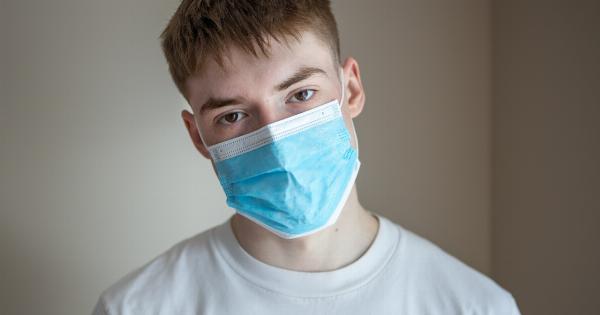Hand dryers are installed in public restrooms as a way to hasten the drying process of wet hands after washing. These machines blow hot air onto hands, drying them rapidly.
However, there is growing concern that these devices could also spread harmful bacteria.
How Do Hand Dryers Work?
Hand dryers work by blowing hot air onto hands, which dries them in seconds. The machines have become popular in public restrooms as they offer a quicker and more energy-efficient alternative to paper towels.
They also reduce the amount of waste generated by paper towels, making them more environmentally friendly.
Hand dryers come in different types, including those that rely on hot air, those that use high-velocity air to eliminate moisture, and those that rely on infrared sensors to know when to turn on and off.
All these types are designed to get rid of the moisture on users’ hands quickly and efficiently.
The Growing Concern Over Hand Dryers
Despite their popularity, some people are now questioning if hand dryers are really that safe. One of the main concerns is that these machines could help spread harmful bacteria.
Researchers from the University of Connecticut in the US conducted a study where they collected samples from the air flow produced by hand dryers in public restrooms. The study discovered that these machines can disperse bacteria from the restroom into the surrounding environment.
The researchers identified 30 types of bacteria in the samples, some of which could cause illness or infections. The most common bacteria found were ‘Staphylococcus aureus’ and ‘Bacillus subtilis’.
‘Staphylococcus aureus’ can cause skin infections, pneumonia, and other illnesses. ‘Bacillus subtilis’ is a soil bacterium that can cause food poisoning and various types of infections.
Why Are Hand Dryers Spreading Bacteria?
There are several reasons why hand dryers could help spread bacteria. One of the primary reasons is that these machines blow air, which can create aerosols of bacteria and other microbes.
These aerosols can stay suspended in the air for several minutes and can be easily inhaled by other people in the restroom.
Researchers also suggest that hand dryers could harbour germs. For instance, studies have shown that the insides of hand dryers can accumulate bacteria and fungi over time.
These organisms can then be blown onto users’ hands, making them more susceptible to infections.
Do Hand Dryers Pose a Serious Health Risk?
Although hand dryers have been shown to spread bacteria, most scientists agree that the risk of getting sick from using these machines is relatively low.
This is because bacteria and other microbes are commonly found on surfaces and in the air we breathe, and exposure to them is part of everyday life. However, people with weakened immune systems are more susceptible to infections, so it is particularly important for them to exercise caution when using public restrooms.
It’s also worth noting that not all hand dryers are created equal. Low-speed hand dryers that emit a lower volume of air are less likely to generate aerosols and may, therefore, be less of a concern.
Some modern hand dryers also feature HEPA filters that can capture bacteria and other pollutants, making them a safer option.
Conclusion
Hand dryers are a popular feature in public restrooms, providing a more energy-efficient and eco-friendly alternative to paper towels. However, there is growing concern that these machines could spread harmful bacteria.
Studies have shown that hand dryers can produce aerosols that disperse bacteria from the restroom into the surrounding environment. They can also harbour germs, which can be blown onto users’ hands.
Although the risk of getting sick from using hand dryers is relatively low, people with weakened immune systems are more susceptible to infections and should exercise caution when using public restrooms.






























